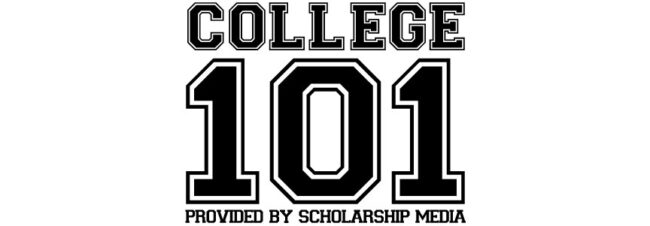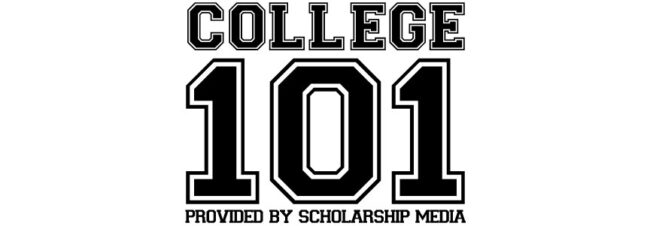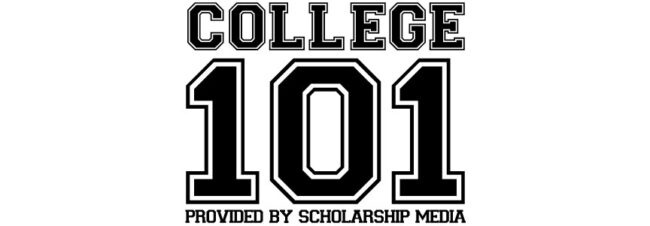Math is all around us. Some people fight it, like the individuals who dreaded going to algebra class in high school. But others embrace math and love the logical problem solving that comes with numbers and complicated equations. If you identify with the latter, congratulations, you’re a math nerd! Lucky for you, there are a plethora of ways you can turn your love of math into a profitable career.
An understanding of numbers and equations isn’t just for the theoretical mathematicians. These skills translate to jobs in finance, analysis, computer development, and even medicine. Math is involved in so many fields, so it’s up to you to find the best one to fit your interests and passions. And there is never a shortage of jobs for individuals who are skilled in math. Check out a few of these in-demand jobs that will utilize your math skills while challenging your brain with puzzles and problem-solving.
Accounting
For whatever reason, accounting sometimes gets a bad reputation for being stiff and boring. That is not true at all. If you like working with numbers, you could enjoy this position. As an accountant, it is your job to record and process the financial transactions of different businesses.
This career allows you to work with different people while finding solutions to tough problems and using math every day. Plus, you have opportunities to spice things up and add your personal flavor to the workplace with a self addressed envelope or personalized labels for your tax returns. Especially during tax season, you’ll be busy, so be sure you have the right tools for the job. Invest in quality envelopes and stationery.
Investment
If you like math and money, then investing is a perfect career for you. You spend your days predicting shifts in the stock market using statistics and analysis. Help yourself or your clients earn big returns on investments by understanding the exchange commission and financial risks.
If you’re finding initial success as an investor, you may be wondering how to become an accredited investor. This distinction allows you to trade financial securities even if they are not registered with the financial authority. There are certain stipulations to this status depending on the country you live in. Within the United States, an accredited investor must have an annual income of over $200,000 for the past two years or a net worth over one million dollars.
If you’re a married couple, you’ll need verification of a joint income past a certain threshold as well. However, in recent years, regulators are working to change the definition of an accredited investor to include qualifications and professional knowledge for applicants. This reasonable expectation is opening up this type of investment to more of the general public.
Auditor
Perhaps one of the most in-demand math-based careers is being an auditor. With this career, you have the opportunity to investigate big businesses for mismanagement or help eliminate waste. Auditors usually work with an outside company and can investigate any number of issues. If you’ve ever wondered how do banks investigate ATM fraud or what happens when white-collar crime runs rampant or any other big financial questions, this may be a career for you.
Analyst
Another career that covers a wide range of areas is analysis. A data or research analyst helps companies develop strategic plans to lower waste and increase profit. A financial analyst helps evaluate the risks of people‘s money and investment opportunities. Even a job as an economist is essentially analyzing trends and concerns with the overall economy. If you like researching numbers and making sense of statistics, this is a good path for you.
Medical Scientist
In the U.S., medical scientists combine their scientific research with math to help develop medicines and test new treatments. Math and science have always gone hand in hand, so why not combine your interests in a career where you get to help people? Consider using your skills to run trials and research cures and make the world a better place.









